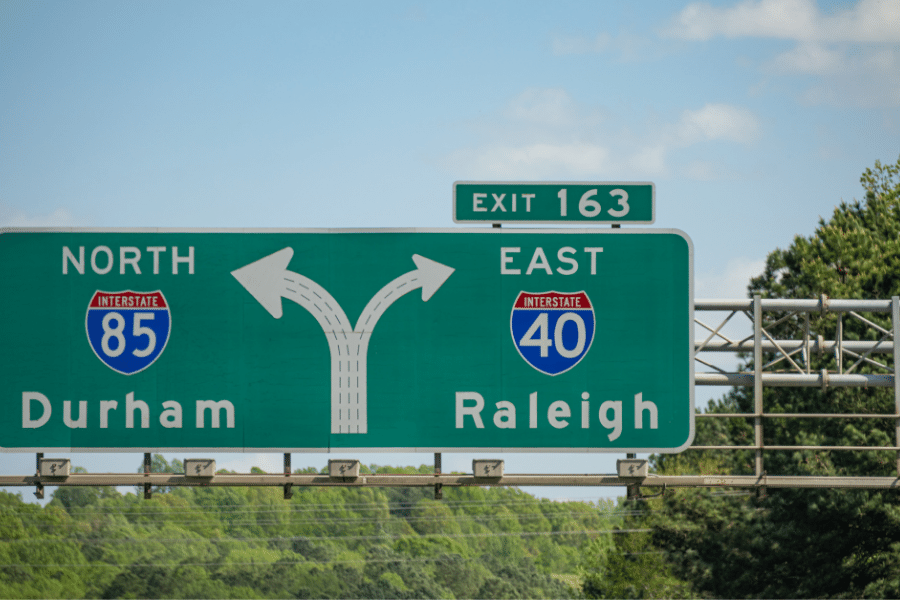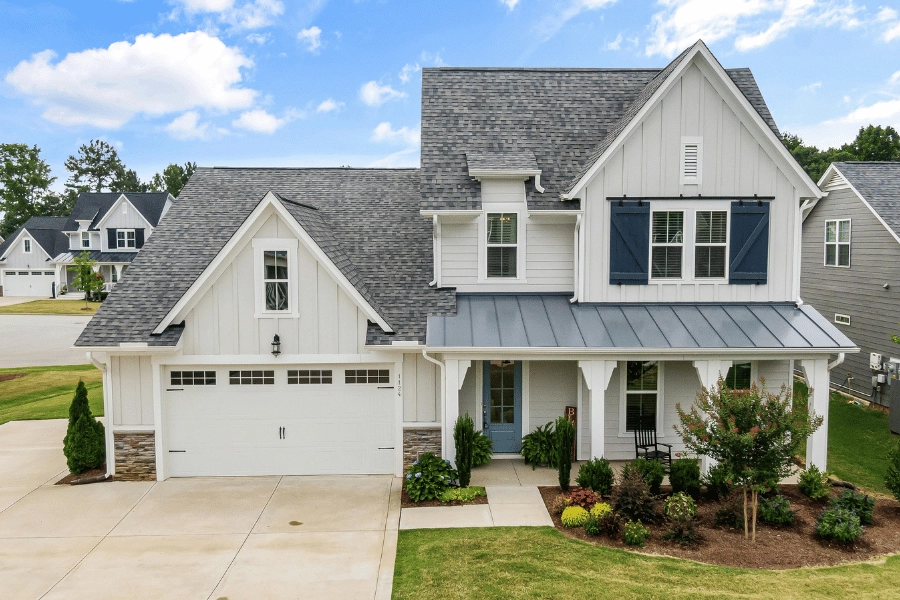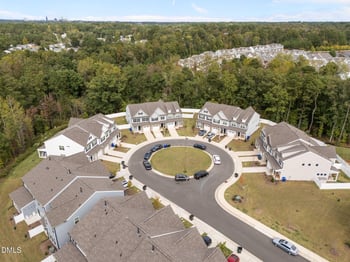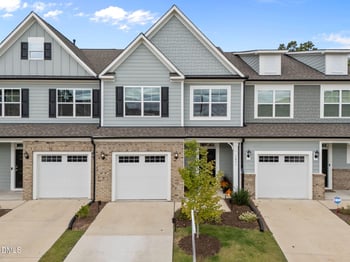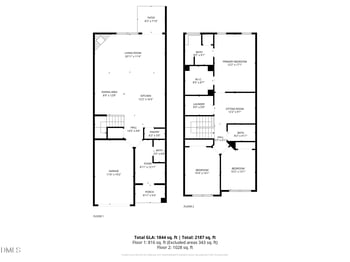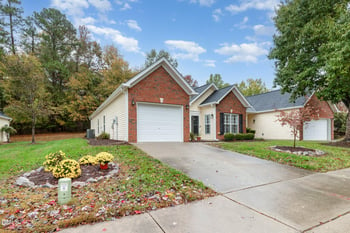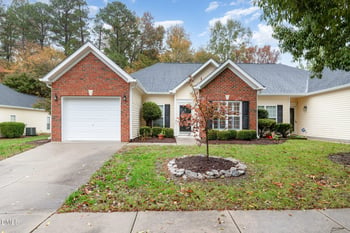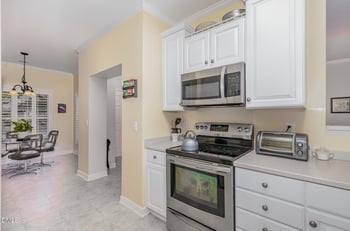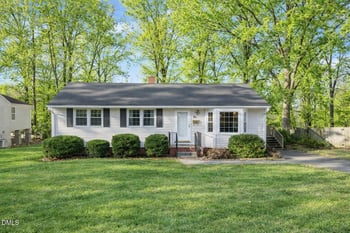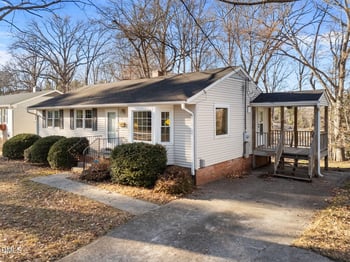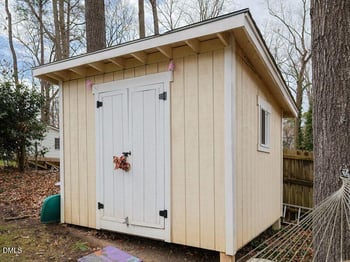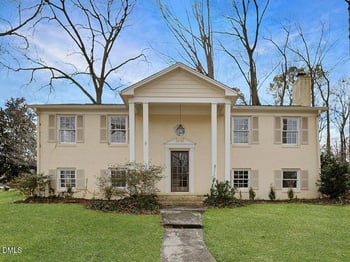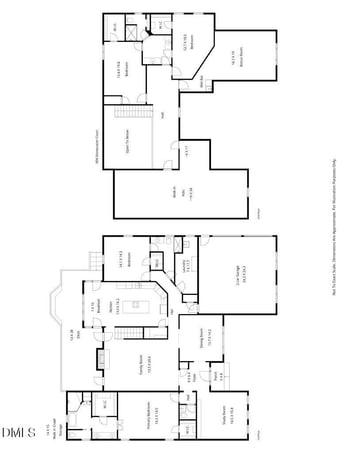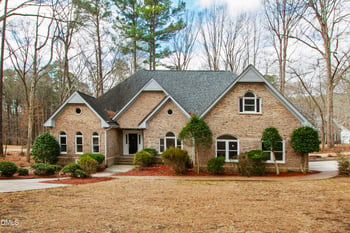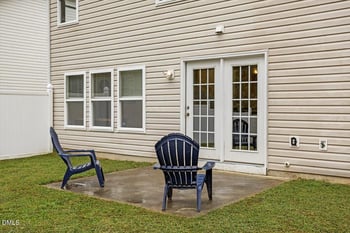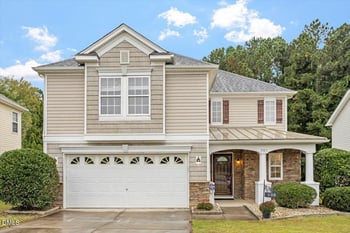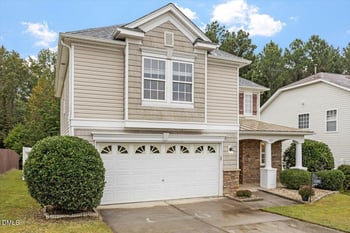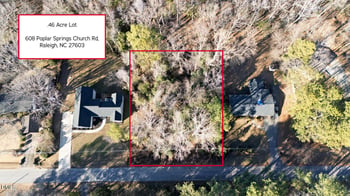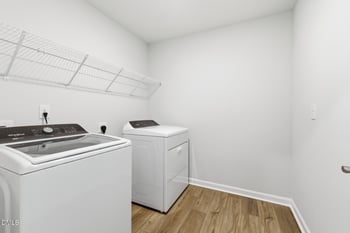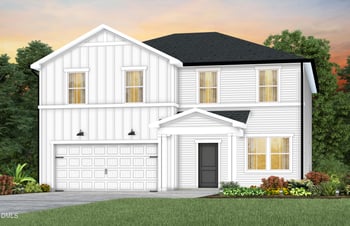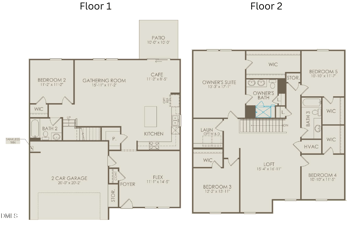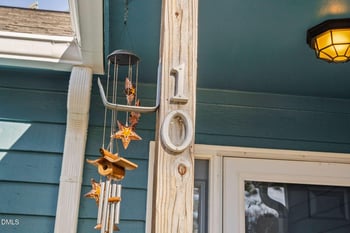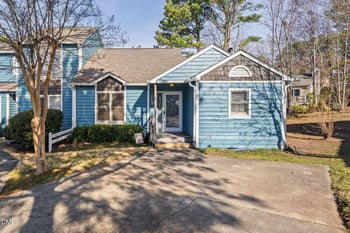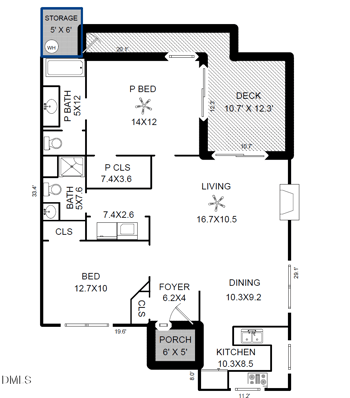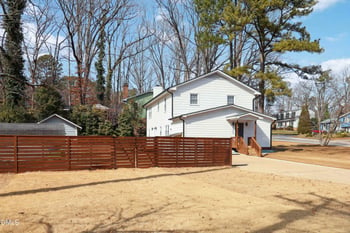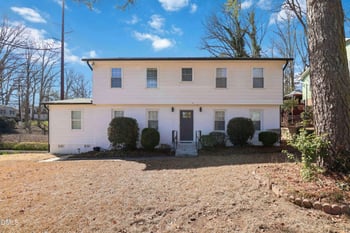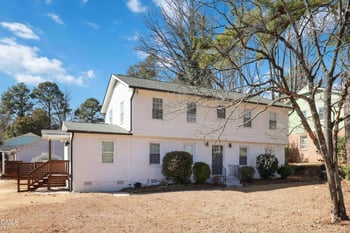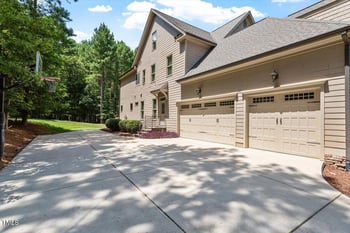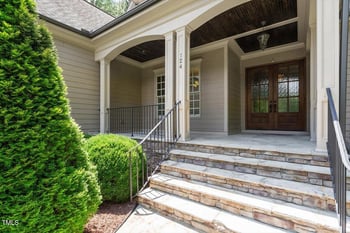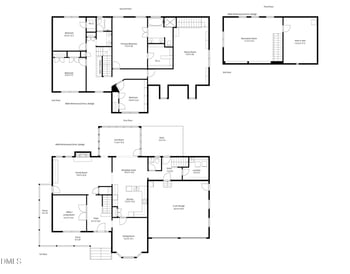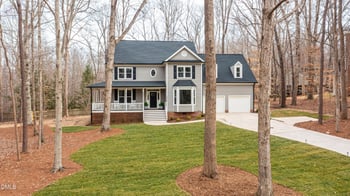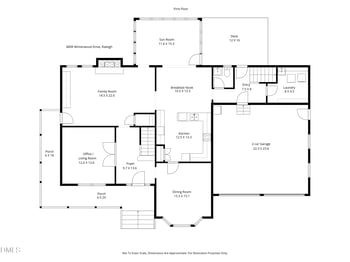Is It Cheaper to Live in Raleigh or Durham?
Are you wondering if Raleigh or Durham, NC, is cheaper? Here is everything you need to know about the cost of living in Raleigh and Durham.
If you are considering a move to North Carolina's Research Triangle, you are likely weighing the merits of Raleigh versus Durham. Both cities offer exceptional quality of life, thriving job markets, and access to world-class universities. But when it comes to your wallet, which city offers the better value?
The question of Raleigh versus Durham is not just about a dollar amount but about finding the right fit for your lifestyle, career goals, and family needs. Whether you are a young professional drawn to the booming tech sector, a growing family seeking safe neighborhoods, or a retiree looking for mild weather, understanding the financial realities of each city is essential to making a confident decision.
The good news is that compared to other major tech hubs and metropolitan areas across the United States, both Raleigh and Durham remain remarkably affordable. However, the Triangle is no longer the hidden gem it once was, and costs have risen as demand has increased.
This guide will walk you through every aspect of affordability, from median home prices to everyday expenses, such as groceries, utilities, and healthcare. Most importantly, we will give you actionable insights to determine which city aligns better with your budget and lifestyle preferences.
Let's discuss the cost of living in Raleigh and Durham.
1. Cost of Living in Raleigh
The cost of living in Raleigh is 3% lower than the national average. Keep in mind that the affordability of a city depends significantly on your lifestyle, housing preferences, and personal circumstances.
In Raleigh, housing costs are 9% lower than the national average, utilities are 10% lower, and transportation costs are 8% lower. Raleigh is constantly changing, and even though it is considered affordable with a cost of living below average, it is higher than in other North Carolina cities.
Here are some typical cost-of-living expenses in Raleigh, NC, according to Payscale.
| Cost of Living Item | Average Price |
| Median Home Price | $474,330 |
| Median Rent | $1,425/month |
| Energy Bill | $186.25/month |
| Phone Bill | $175.55/month |
| Gas | $2.97/gallon |

2. Housing Costs in Raleigh
Housing represents the largest expense for most households, and this is where we see some of the most interesting differences between these two Triangle cities. While housing expenses in Raleigh are 9% lower than the national average, this significantly depends on the exact location, neighborhood, housing type, and square footage.
Raleigh's median home price hovers around $450,000 as of mid-2025. The variation depends on specific neighborhoods and property types, with starter homes available in the low 300s in up-and-coming areas, while newer builds in popular suburbs like Cary, Apex, or Wake Forest can push into the $500,000-$700,000 range.
The Raleigh area is strongly influenced by its position as a hub for technology, education, and research. As a result, Raleigh is predicted to experience significant economic and population growth over the upcoming years. As a result, there will continue to be a high demand for housing.
Raleigh is currently transitioning from a strong seller's market to a more balanced, yet competitive market. While some homes that are in high demand sell quickly, the market has seen a shift due to increased inventory and more selective buyers.
In Raleigh (Wake County), property taxes are slightly lower, though both cities assess around one percent of a home's assessed value. This translates to approximately $4,000 annually for a $400,000 home in either location.
3. Income in Raleigh
Raleigh is ranked one of the top cities in the country for job opportunities and earning potential, and is one of the country's best places to start a small business. According to the U.S. Bureau of Labor Statistics (BLS), the unemployment rate for people 16 years and older in Raleigh is 3.5%.
With a median household income of $86,309 in Raleigh, it is one of the most affordable places to live in the country. Income peaks among householders aged 45 to 64 at $93,400, while younger professionals aged 25 to 44 earn a median of $88,427.
As part of the Research Triangle, Raleigh has an abundance of tech and research jobs. Additionally, the University of North Carolina and other top-rated colleges and universities are located in the Raleigh area, which brings in many jobs related to education.
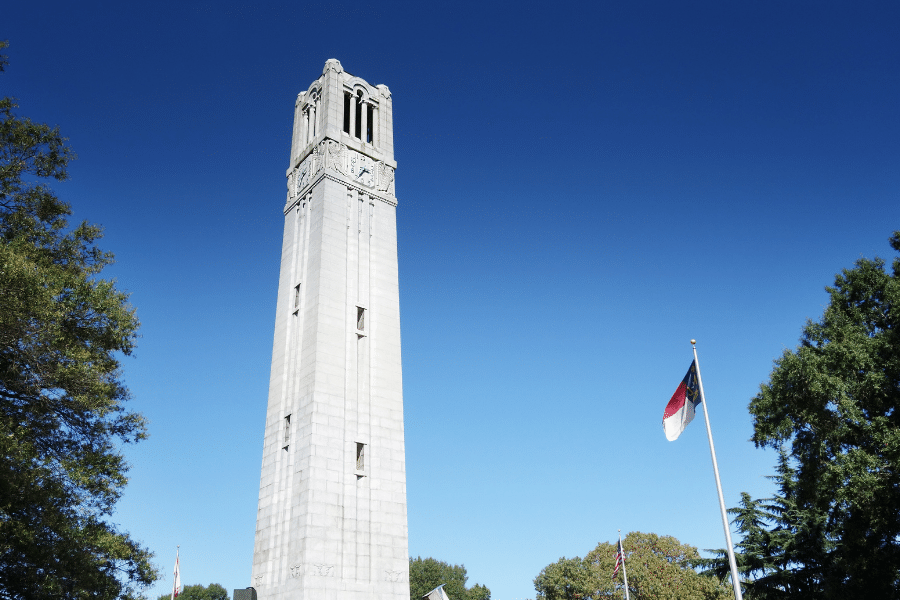
4. Cost of Living in Durham
The overall cost of living in Durham is 1% lower than the national average. Compared to the national average, housing is 2% higher, groceries are 2% higher, utilities are 6% lower, and transportation expenses are 6% lower.
Here are some typical cost-of-living expenses in Durham, NC, according to Payscale.
| Cost of Living Expense | Average Cost |
| Median Home Price | $528,821 |
| Median Rent | $1,589/month |
| Energy Bill | $194.33/month |
| Phone Bill | $183.17/month |
| Gas | $3.04/gallon |
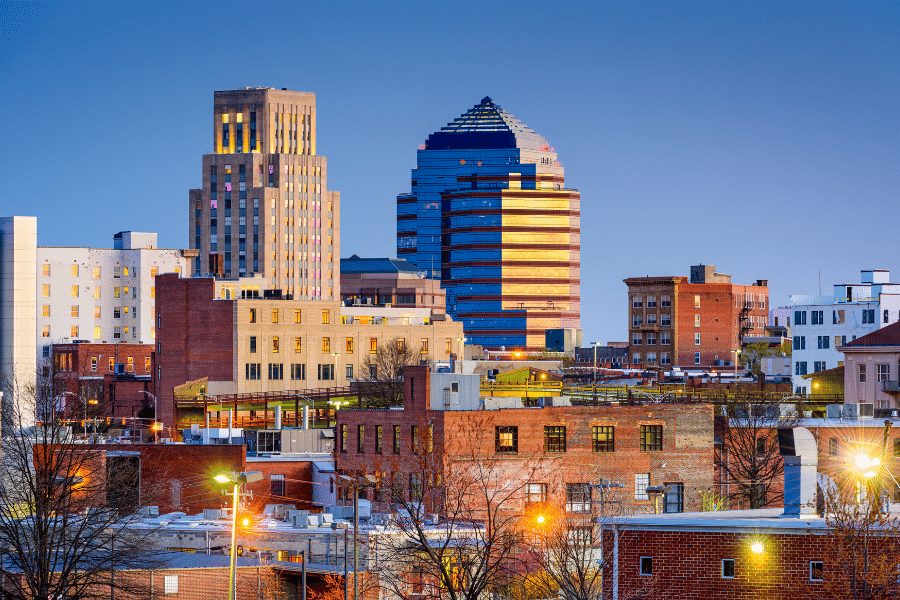
5. Housing Costs in Durham
In Durham, the average listing price for a home stands at approximately $566,000, which is notably higher than in Raleigh. However, Durham's real estate market offers unique historical properties and walkable neighborhoods that many buyers find worth the premium.
Typically, winter is the best time to buy a home as it is usually a buyer's market, and homes are priced lower. However, Durham is currently a seller's market, and homes tend to stay on the market for an average of 37 days. This does give you more time to find the perfect home than you would in Raleigh.
Durham County's effective property tax rate stands at approximately 1.31%, significantly higher than the national median of 1.02%. For a $350,000 home, Durham homeowners can expect to pay around $2,450 annually in property taxes.
6. Income in Durham
Durham is known for its strong job growth and high quality of life. With a median household income of $80,064. Durham is a great place to move to if you are looking for a new job. The poverty rate is 10%, according to the U.S. Census.
Many industries in Durham have seen significant growth in recent years, particularly for companies related to pharmaceutical and biopharmaceutical manufacturing, agricultural biotechnology, medical devices and diagnostics, healthcare, and information technology.
Durham is home to many large companies, including IBM, Biogen, Blue Cross Blue Shield of North Carolina, and Aisin. As the home of Duke University, there are many jobs for students and adults on campus. The largest employer in Durham is Duke University.
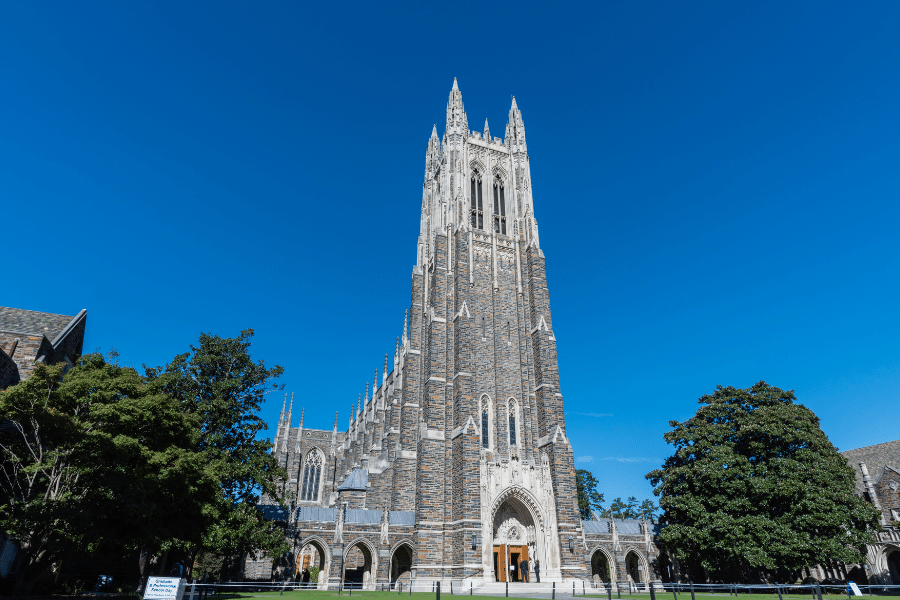
6. Daily Living Expenses in Raleigh and Durham
Raleigh energy bills average around $176 per month, while Durham residents pay approximately $188 per month for energy. Both cities enjoy utilities that are 6-10% lower than the national average, making them affordable on this front.
Raleigh's grocery costs run about 0.4% higher than the national average, while Durham's groceries are approximately 2% above the national average. For a family of four, expect to spend $900-$1,000 monthly on groceries in either city.
Dining out shows more variation. A mid-range restaurant dinner for two costs around $60 in Raleigh compared to $50 in Durham, giving Durham an edge for food enthusiasts who enjoy the city's renowned culinary scene.
Healthcare costs represent an area where both cities run above the national average. Raleigh's healthcare expenses are 13.4% higher than the national average, while Durham's healthcare costs are 3.8% above the national average. The trade-off is exceptional access to world-class medical facilities, including Duke University Hospital and UNC Health Systems.
7. Which City is Cheaper?
On average, Durham does tend to have a slightly higher cost of living than Raleigh. However, rental prices are higher in Raleigh. If you are debating which city to move to, you will have many affordable options, but it will all depend on the location and housing market at the time.
If you live in Durham, your utilities and groceries will be slightly higher than in Raleigh. Both cities are amazing for many reasons, and whether you decide to move to Raleigh or move to Durham, you cannot doubt that you will find the perfect home.
Raleigh wins for homebuyers who prioritize:
- Lower median home prices
- Newer construction and modern amenities
- More suburban space and larger lots
- Slightly lower property tax burden
Durham appeals to buyers who value:
- Historic character and architectural charm
- Walkable, urban neighborhoods
- Proximity to Duke University
- A more compact, connected community
Cost of living tells only part of the story. Both cities offer distinct lifestyles that may be worth paying for:
Raleigh offers:
- More polished, modern developments
- Larger park system (224 parks covering 6,100 acres)
- State capital amenities and events
- Larger job market with more corporate opportunities
- Lower crime rates (32 per 1,000 residents vs. Durham's 45 per 1,000)
Durham provides:
- Rich cultural scene and award-winning restaurants
- Historic neighborhoods with character
- More walkable downtown
- Vibrant arts community
- Direct connection to Duke University
.png)
Methodology
Data was sourced from the U.S. Census Bureau, the City of Raleigh, the U.S. Bureau of Labor Statistics, and Payscale to determine whether Raleigh or Durham is a cheaper place to live.
FAQ: Is It Cheaper to Live in Raleigh or Durham, NC
Is Raleigh or Durham more affordable?
The cost of living in Raleigh and Durham is comparable, but Raleigh is slightly more affordable. Housing prices, utilities, and other cost-of-living expenses tend to be lower in Raleigh.
What are some of the differences between Durham and Raleigh?
The biggest difference between these two cities is the difference in population. As the state capital of North Carolina, Raleigh has a larger population and is home to many of the state's offices and official buildings.
How safe is downtown Durham?
Downtown Durham has a higher-than-average crime rate compared to other U.S. cities, but this safety can vary significantly by neighborhood. Since the beginning of 2025, there has been a general decrease in violent crime throughout the city.
Is Raleigh a walkable city?
Raleigh is a semi-walkable city, depending greatly on where you live. The downtown area is extremely walkable, but you will need a vehicle or public transportation option if you need to travel outside of the city.
Where is it better to stay, Raleigh or Durham?
If you are planning a trip to the Triangle, tourists generally find there to be more to do in Raleigh than in Durham. Raleigh is much bigger and has more activities for visitors. However, Durham still has many museums, restaurants, sporting events, and more to enjoy when you visit.
Is It Cheaper to Live in Raleigh or Durham, NC - The Bottom Line
Both Raleigh and Durham offer excellent value compared to many other growing metropolitan areas. Raleigh provides the best overall affordability for homebuyers and those seeking newer, suburban living. Durham rewards renters and those who prioritize walkability, culture, and urban character despite slightly higher home prices.
Your choice ultimately depends on your priorities: Do you want the space and modern amenities of Raleigh, or the character and culture of Durham? Fortunately, with only 30 minutes separating these cities, you can enjoy the best of both worlds while living in whichever location best suits your budget and lifestyle.
Whether you choose Raleigh or Durham, Raleigh Realty has the local expertise to help you find your perfect home in the Triangle. Our team knows both markets inside and out, from the best value neighborhoods to up-and-coming areas that offer excellent investment potential.
Contact us today to start your Triangle home search with professionals who understand both cities and can guide you to the right choice for your budget and lifestyle goals.
